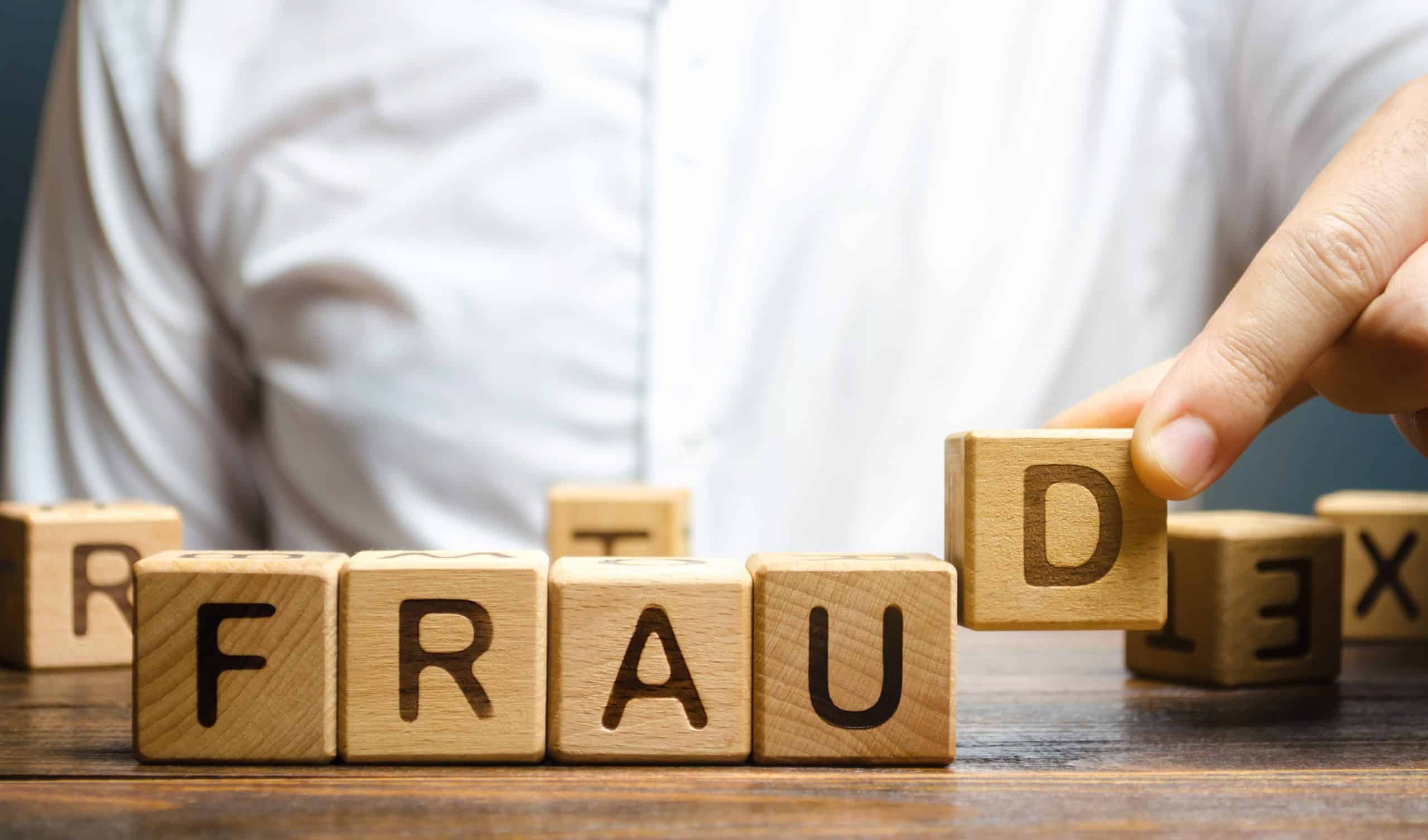What Steps Should a UK Educational App Take to Ensure Child Data Protection?

In the digital age, where the internet dominates every aspect of our lives, safeguarding personal data has become a major concern. Especially when it comes to children, online safety is a priority. This is where UK educational apps come into play. They not only provide children with a platform for learning but also need to ensure the protection of their users’ personal information. For this, they need to adhere to specific measures such as GDPR (General Data Protection Regulation), implement a robust code of practice, and utilize services that promote data privacy.
Understanding the Importance of Child Data Protection in Schools
Data protection is vital in schools, particularly when it comes to children. Given the increasing use of online educational apps, it’s essential to understand what data protection entails and why it’s so important.
Cela peut vous intéresser : What Is the Potential for AI in Personalizing UK Fitness Apps?
Personal data, especially that of children, can be a lucrative target for cybercriminals. In educational settings, this data might include sensitive information such as home addresses, contact details, and school records. This information can be misused if it falls into the wrong hands. Moreover, leakage of personal data can lead to severe consequences such as identity theft or online bullying.
The UK has stringent laws when it comes to child data protection. The GDPR outlines the guidelines for data protection and ensures data privacy. By following the GDPR, schools and educational apps can ensure they are handling children’s personal data responsibly.
A lire aussi : Trade in Calais: essential customs compliance
GDPR and its Role in Child Data Protection
The General Data Protection Regulation, or GDPR, is a set of laws enforced in the EU, including the UK, aimed at protecting personal data. It serves as a guide for services dealing with personal data, such as educational apps, to handle information responsibly.
GDPR has strict rules regarding the consent required for data collection, especially for children under the age of 16. It also mandates that data handlers provide clear information about how the data will be used. This legislation also gives individuals the right to access their data and even request its deletion.
For educational apps, adhering to GDPR isn’t just about following the law. It’s about earning the trust of their users and their parents. Compliance with GDPR shows that the app takes data protection seriously and will help build a reputation for being a secure platform.
Implementing a Robust Code of Practice for Data Protection
To ensure data protection in educational apps, a robust code of practice should be implemented. This code should establish clear procedures for data handling, storage, and sharing. It should also include guidelines for staff training to ensure everyone involved in the app’s development and maintenance understands the importance of data protection.
The code of practice should be transparent and made publicly available. This will allow parents, teachers, and even the children using the app to understand how their data will be handled.
Additionally, the code should outline how data breaches will be handled, including the steps taken to notify those affected and mitigate any potential damage.
Utilizing Services That Promote Data Privacy
Another crucial step in ensuring child data protection is the utilization of services that promote data privacy. This includes using secure servers for data storage and encryption to protect data during transmission.
In addition to these technical measures, educational apps should also use services that promote privacy in their interactions with users. For example, opt-in consent forms should be used when collecting data, and easy-to-read privacy policies should be provided.
Furthermore, apps can use services that anonymize data, making it harder for malicious actors to link data back to an individual child. This can be particularly useful for large datasets that may be used for research or analysis.
The Role of Parents and Schools in Protecting Children’s Online Privacy
While the responsibility for data protection primarily lies with the educational app, parents and schools also play a crucial role in protecting children’s online privacy.
Schools should ensure that any apps they recommend or require for learning are compliant with GDPR and have strong data protection measures in place. They should also educate students about the importance of online privacy and the steps they can take to protect their data.
Parents, on the other hand, need to be vigilant about the apps their children use. They should read the privacy policies of these apps and discuss online safety with their children. Furthermore, parents can utilize parental control tools to monitor their child’s online activity and protect their privacy.
Data protection is a shared responsibility, and by working together, educational apps, schools, and parents can ensure that children’s online privacy is well-protected.
The Crucial Role of Parental Consent in Data Collection
In the sphere of data collection and protection, parental consent plays a significant part, primarily when dealing with children’s data. This is more so the case in the context of educational apps, where young users are often involved.
Under the GDPR guidelines, it is required that the consent of a parent or guardian be obtained before collecting data from children under the age of 16. This has provided an essential safeguard, as it ensures that adults are aware and give approval when their child’s personal data is being collected by an app.
Consent forms should be easy to understand and unambiguous, clearly detailing what data will be collected and how it will be used. It should also highlight that consent can be withdrawn at any time. In this way, parents can be confident that they have control over their child’s data.
When parental consent is obtained responsibly and ethically, it reinforces trust between the app developers, parents, and the young users. It’s a delicate balancing act – obtaining necessary data to offer a personalised and effective educational experience, while also respecting the privacy and online safety of young people.
App developers should also keep in mind the GDPR’s mandate of ‘data minimisation’. This principle asserts that only data that is absolutely necessary should be collected. By adhering to this, apps ensure they respect the privacy of their young users, collecting only what is essential to improve the user experience or the app’s functionality.
Age-Appropriate Privacy Notice and the Role of Local Authorities
Understanding the nuances of data protection, privacy policy, and consent can be complicated for adults, let alone children. Therefore, it’s crucial that educational apps provide an age-appropriate privacy notice to their young users. This notice should explain in easy-to-understand language what data will be collected, how it will be used, and why it’s needed.
The notice should also inform children about their rights, such as the right to access their data, withdraw consent, and request data deletion. It’s important to make this information accessible and understandable to young people, empowering them to make informed decisions about their data.
Local authorities have a role to play in this regard. They can offer guidance to educational app developers about creating age-appropriate privacy notices. They can also hold workshops and awareness sessions for children and parents, explaining what data protection is and why it’s important.
Local authorities can also work with schools, providing teachers with resources to educate students about data privacy and online safety. Schools can ensure this knowledge is integrated into their curriculum, teaching students how to read and understand privacy notices, and why it’s important to safeguard personal data.
Conclusion: The Shared Responsibility of Child Data Protection
In a digital age where data is a valuable commodity, ensuring the protection of children’s personal data is of the utmost importance. Compliance with regulations such as the GDPR is not merely a legal obligation, but also a pathway for educational apps to build trust with users and their parents.
App developers, schools, parents, and local authorities are all key players in this process. By working together, they can create a safer digital environment for young people. App developers must take the lead in implementing strict data protection measures, developing privacy-friendly apps, and being transparent about their data use. Schools need to educate students about online safety, and parents need to remain vigilant about their children’s online activities.
On the other hand, local authorities can provide guidance and resources to all parties, helping to foster a culture of data responsibility. In these ways, children can reap the benefits of educational apps without their personal data being at risk.
Ultimately, child protection in the digital age is a shared responsibility. By ensuring that data protection measures are robust and consistently applied, we can provide our children with the safe and positive online experiences they deserve.
